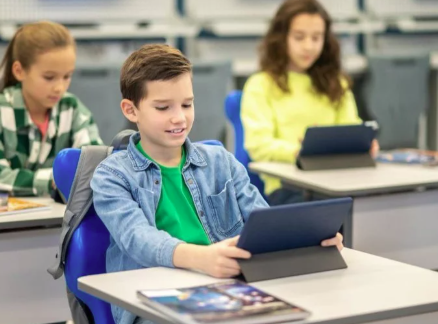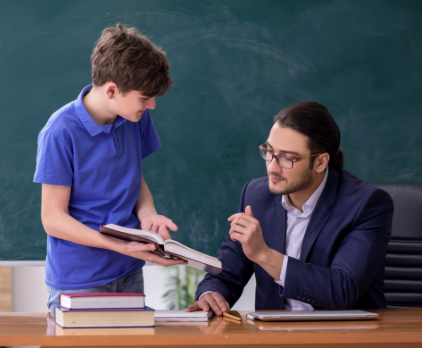In today’s rapidly changing educational environment, personalized learning is no longer a luxury—it’s a necessity. Students come to the classroom with a wide range of abilities, interests, and learning styles, and educators are increasingly recognizing the importance of meeting those needs in more tailored and effective ways. Personalized learning offers a powerful solution by adapting instruction to fit each learner, promoting engagement, growth, and long-term success.
Adapting to Student Diversity
One of the key reasons personalized learning is essential today is the growing diversity in student populations. Students vary not just in background, but in how they absorb information, express understanding, and stay motivated. Personalized learning honors these differences by offering multiple paths to success, ensuring that no student is left behind simply because they learn differently.
Promoting Student Agency
Personalized learning empowers students by giving them greater control over their educational experience. When students have a voice in setting goals, choosing learning materials, or determining how to demonstrate mastery, they become more engaged and accountable. This sense of ownership supports confidence, curiosity, and a lifelong love of learning.
Leveraging Technology Effectively
Modern classrooms are filled with digital tools that can support personalized learning in meaningful ways. Adaptive software, learning management systems, and online resources allow educators to provide content that meets students where they are. These tools make it easier to track progress, identify areas for growth, and offer timely feedback—all of which are essential components of effective learning.
Addressing Learning Gaps
The need to personalize learning has become even more urgent in light of recent disruptions to traditional schooling. Gaps in learning can vary widely among students, and a one-size-fits-all curriculum may overlook those who need extra help or added challenges. Personalized strategies help close those gaps by meeting students at their current level and supporting them with the right resources and interventions.
Supporting Teacher Innovation
Personalized learning also benefits educators by encouraging creativity and flexibility in instruction. Teachers can design lessons that align with student interests, explore cross-curricular themes, and experiment with project-based approaches. This variety not only makes teaching more dynamic but also leads to more meaningful learning experiences for students.
Conclusion
Personalized learning matters more than ever because it reflects the realities of modern education. It helps schools become more inclusive, responsive, and effective by recognizing each student as a unique learner. As education continues to evolve, embracing personalized learning ensures that all students have the support and opportunities they need to thrive.














